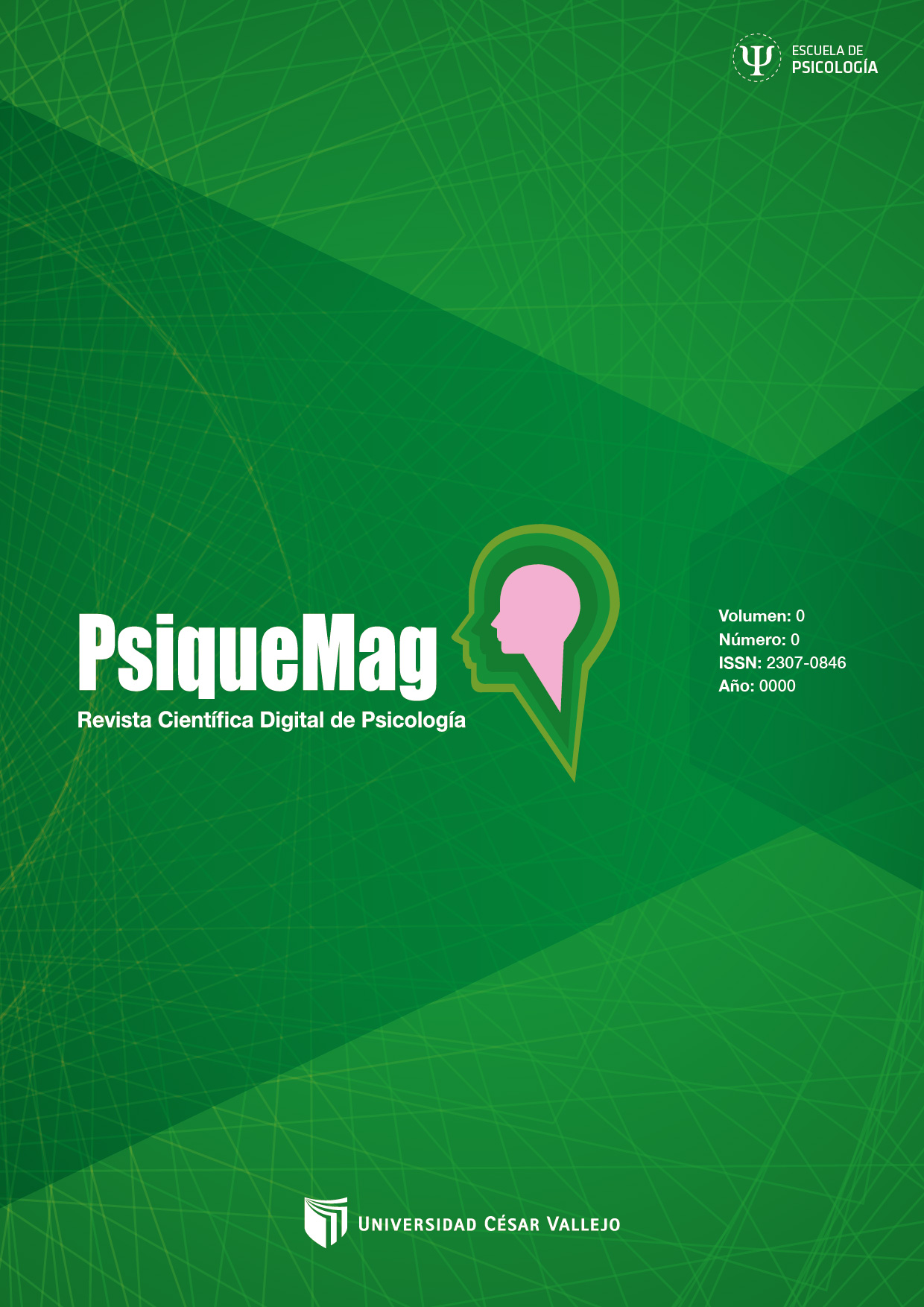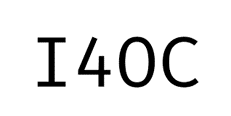El desarrollo de competencias matemáticas y el uso de instrumentos de evaluación
DOI:
https://doi.org/10.18050/psiquemag.v12i1.2489Palabras clave:
competencias, matematicas, evaluación, rúbrica, resolución de problemas, instrumentoResumen
En el presente artículo es el insumo del trabajo que tiene como propósito establecer el nivel de desarrollo de las competencias matemáticas por medio del uso de instrumentos de evaluación en estudiantes de sexto grado de educación primaria de una IE privada en el distrito de San Miguel de la ciudad de Lima en el año 2022, para lo cual se ha sometido a sesenta estudiantes a los cuales se les evaluó en pretest y postest; de los cuales treinta estudiantes se les ha sometido a una intervención donde las principales herramientas fueron los instrumentos de evaluación; el pretest y postest fueron una lista de cotejo en la que se recogió la evidencia del desarrollo de competencias cuando los estudiantes desarrollan diferentes problemas de contexto intra y extra matemático; la investigación fue de tipo experimental, longitudinal con un diseño cuasiexperimental con un enfoque cuantitativo; luego del tratamiento estadístico; donde se estableció que las características del grupo control y del grupo experimental, que son similares al iniciar luego del experimento, muestran diferencias relevantes; así también, el grupo experimental muestra un desarrollo significativo antes y después del experimento; dicho desarrollo es significativo mostrando la eficiencia y efectividad del experimento.
Descargas
Referencias
Álvarez, Y. R. (2021). La evaluación de las competencias matemáticas abordada desde lineamientos socio formativos basados en las evidencias. Revista REDIPE, 144-170. doi:https://doi.org/10.36260/rbr.v10i4.1257
Azcárate, P., & José, C. (2016). Evaluación de la competencia matemática. Investigación, 31-42.
Espigares, M. J., Fernández, A., & Oliveras, M. L. (2020). Instrumento para evaluar competencias matemáticas y científicas del alumnado que inicia Educación Primaria, mediante juegos. Revista Paradigma, 326-359.
Eusko, J. (2017). Las Competencias básicas en el Sistema Educativo de la C.A.P.V. Berritzegune Nagusia.
Gómez, I. (2018). Competencias matemáticas. Instrumentos para las Ciencias Sociales y naturales: Ministerio de Educación de España.
Hernández, R., & Mendoza, C. P. (2018). Metodologia de la investigación: las rutas cuantitativa, cualitativa y mixta. Me G raw Hill. http://www.biblioteca.cij.gob.mx/Archivos/Materiales_de_consulta/Drogas_de_Abuso/Articulos/SampieriLasRutas.pdf
IES. (2018). Competencia matemática: Alto Conquero. http://www.juntadeandalucia.es
Íñiguez, F. J. (2019). Cómo desarrollar la competencia matemática a partir del análisis de tareas generadas en el aula. Acta Latinomericana de educación matemática, 32(1), 468 - 477. http://funes.uniandes.edu.co/13951/1/Castro2019Como.pdf
MINEDU. (2016). Currículo Nacional de Educación Básica. Lima: Estado peruano. http://www.minedu.gob.pe/curriculo/
Misari, V. (2016). Competencias matemáticas en estudiantes de primer grado, según género, en dos instituciones educativas del Callao. Lima: USIL. https://repositorio.usil.edu.pe/handle/usil/1218
Morales, S., Hershberger, R., & Acosta, E. (2021). Evaluación por competencias: ¿cómo se hace? Revista de la Facultad de Medicina de la UNAM, 1-15. http://doi.org/10.22201/fm.24484865e.2019.63.3.08
Neill, D. A., & Cortez, L. (2018). Procesos y Fundamentos de la Investigación Científica. Machala: UTMACH. https://www.uv.mx/rmipe/files/2017/02/Guia-didactica-metodologia-de-la-investigacion.pdf
Paredes, J. H. (2019). Estrategia metodológica para resolver problemas y el desarrollo de capacidades matemáticas en estudiantes de primaria de la institución educativa 1137 “José Antonio Encinas”. : USMP. https://repositorio.usmp.edu.pe/bitstream/handle/20.500.12727/5457/paredes_ljh.pdf?sequence=1&isAllowed=y
Tejada, J. (2018). Los estilos de enseñanza y el desarrollo de competencias matemáticas en estudiantes del tercer grado de primaria de la I.E. Fe y Alegría 02 de S.M.P. Lima: UCV. https://hdl.handle.net/20.500.12692/12543
Descargas
Publicado
Versiones
- 2023-05-18 (2)
- 2023-03-24 (1)
Número
Sección
Licencia
Derechos de autor 2023 PsiqueMag

Esta obra está bajo una licencia internacional Creative Commons Atribución-NoComercial-SinDerivadas 4.0.
Usted es libre de:
- Compartir — copiar y redistribuir el material en cualquier medio o formato
- El licenciador no puede revocar estas libertades mientras cumpla con los términos de la licencia.
Bajo las condiciones siguientes:
-
Reconocimiento — Debe reconocer adecuadamente la autoría, proporcionar un enlace a la licencia e indicar si se han realizado cambios<. Puede hacerlo de cualquier manera razonable, pero no de una manera que sugiera que tiene el apoyo del licenciador o lo recibe por el uso que hace.













